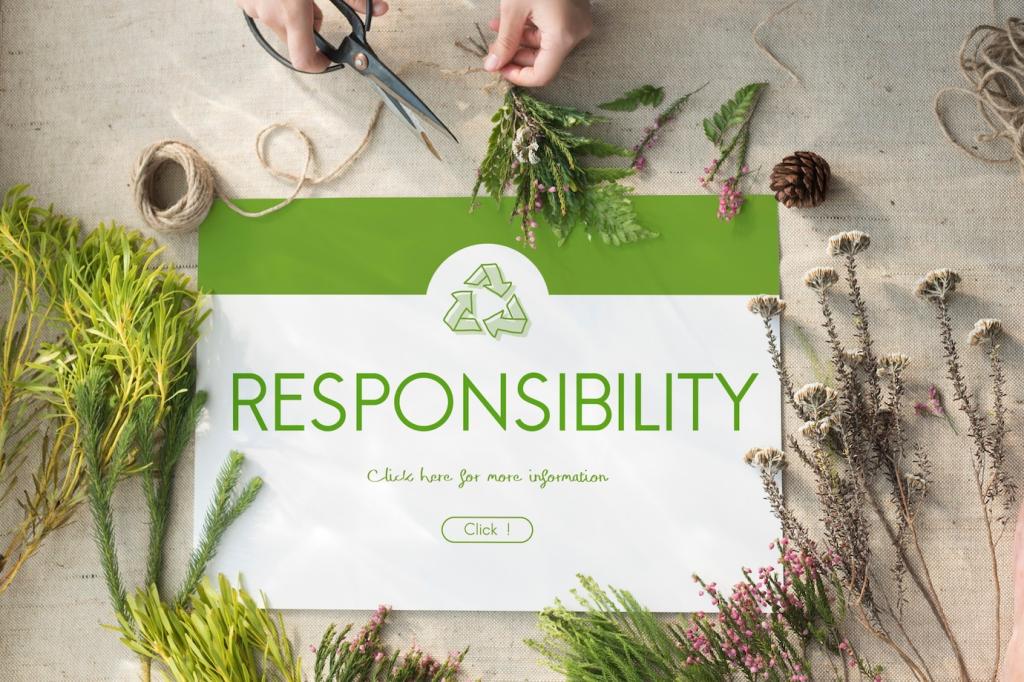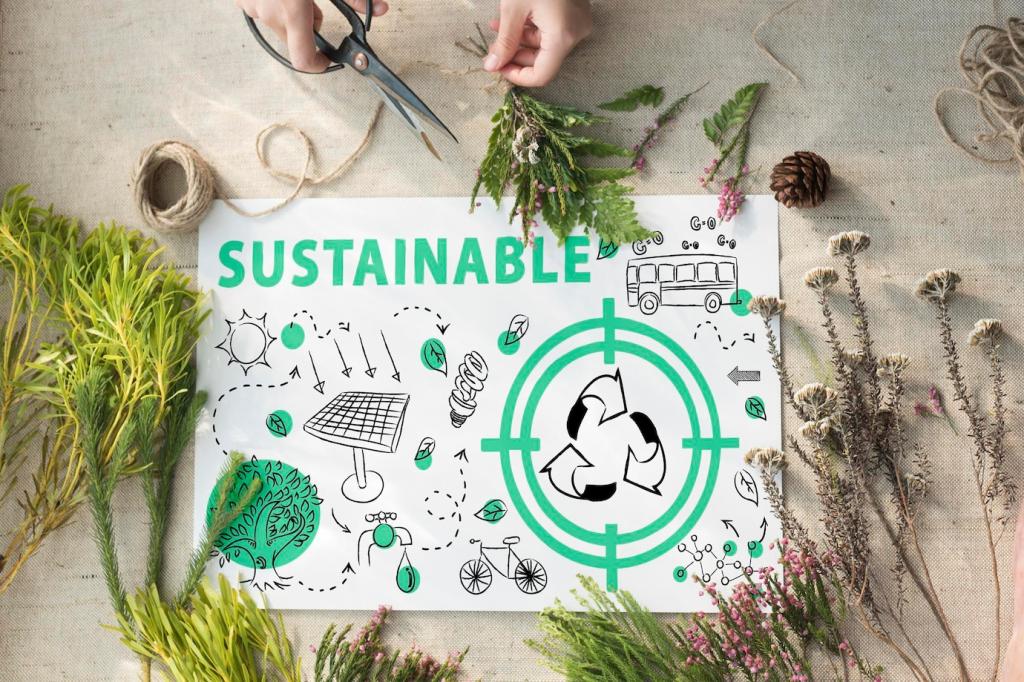Optimize for Sustainable Search Intent
Target intent-rich phrases like “recycled aluminum furniture durability” or “non-toxic finishes for nurseries.” Create comparison guides that respect trade-offs, then invite readers to bookmark and subscribe for updates.
Optimize for Sustainable Search Intent
Add schema for product attributes, materials, certifications, and repairability. Rich snippets increase credibility and click-throughs, and they spotlight your transparency promise in search results where skepticism runs high.











